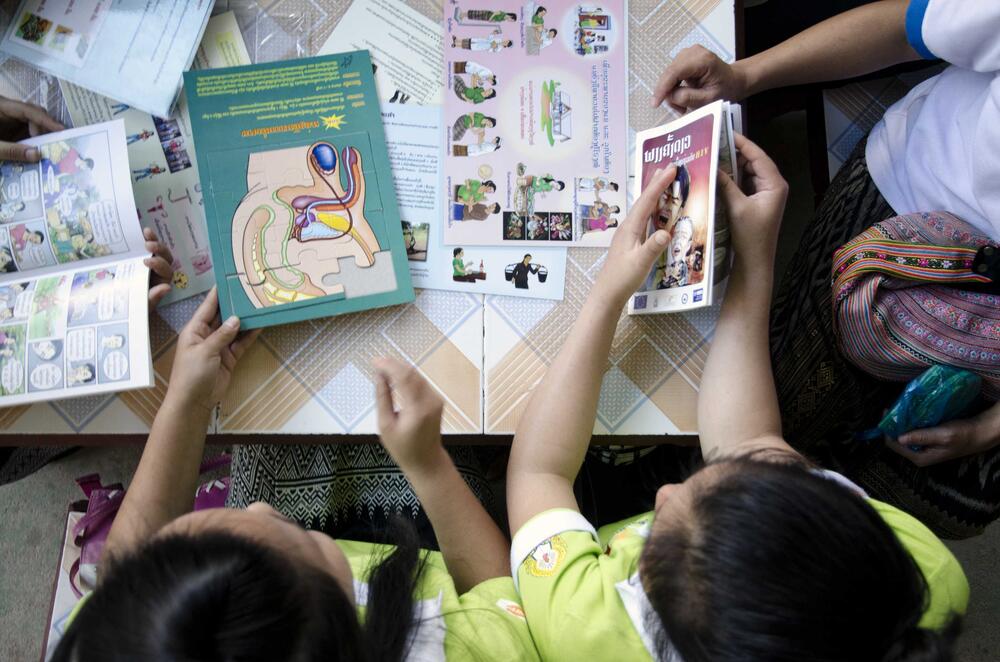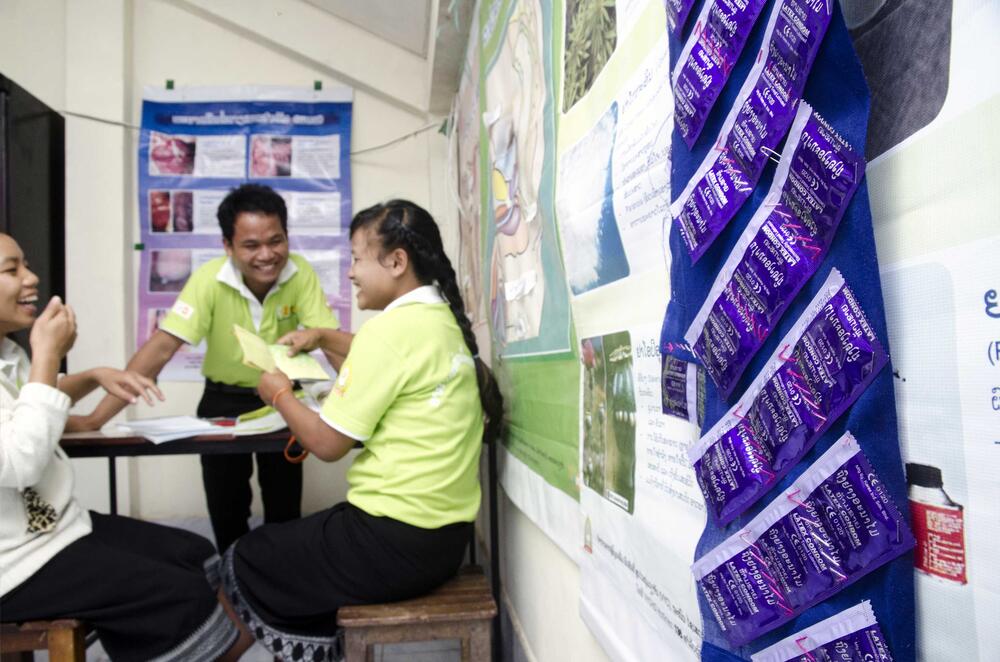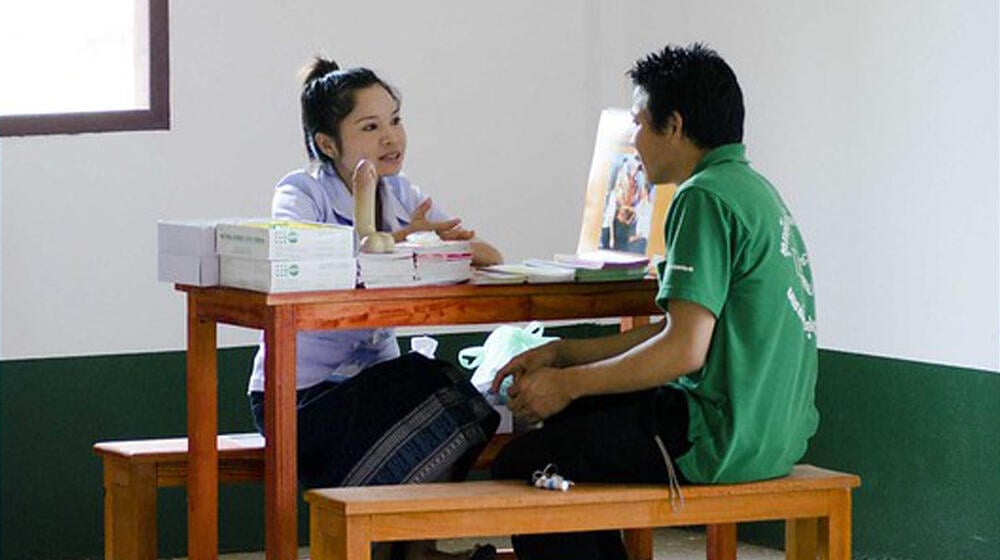By: Sandra Bernklau, UNFPA Representative, Cambodia
Bakhtiyor Kadyrov, UNFPA Representative, Lao PDR
Patricia Ongpin, UNAIDS Country Director for Cambodia, Lao PDR and Malaysia
In the heart of Southeast Asia, Cambodia and Lao PDR stand united in efforts to end the HIV epidemic. While significant progress has been made, there is still much to do. UNAIDS data shows that ending AIDS as a public health threat is achievable by 2030, but only if countries, communities and partners close the gaps holding back progress.
The bottom line is we can only end AIDS as a public health threat by overcoming it everywhere, for everyone.
The actions we take today to end AIDS will help advance the achievement of all the Sustainable Development Goals, ensure countries are prepared to overcome the pandemics of the future, and help secure a safer, fairer world for everyone.
This means all countries need to continue learning further from each other’s experiences and working together to strengthen their HIV response. Despite tremendous strides taken in Cambodia and Lao PDR and the region over the past two decades, AIDS is not over—a great deal of unfinished work lies ahead.
That is why a recent UNAIDS and UNFPA-facilitated learning exchange between the two countries is so encouraging. As part of this quest to help close knowledge gaps, 18 delegates from nine institutions in Lao PDR visited Cambodia, including government stakeholders, United Nations representatives, civil society organizations and youth networks.

The primary objective was to gain insights into successful HIV prevention strategies implemented in Cambodia, with a focus on achieving the so-called “95-95-95 goals”, to diagnose 95 percent of all people living with HIV, provide antiretroviral therapy for 95 percent of those diagnosed and achieve viral suppression for 95 percent of those who are on HIV treatment by 2030. With Cambodia having already achieved 89-99-98 of these targets, key lessons can be learnt – particularly in community-led services and innovative approaches to address gaps in HIV prevention.
Fresh initiatives, under Cambodia’s National Policy for Ending AIDS and the Sustainability of HIV Programme for 2023-2028, prioritizes identifying, testing, and treating nearly 10,000 undiagnosed people living with HIV among other priorities. This includes encouraging those at risk of HIV transmission – particularly young people, men who have sex with men, transgender people, people who inject drugs and sex/female entertainment workers – to seek testing and access health and social protection benefits.
A key feature of helping young people make safe choices is the Comprehensive Sexuality Education curriculum, with UNFPA working with the ministries of Education in both countries to ensure individuals have the knowledge and skills to understand HIV transmission and prevention, promoting safe practices and reducing stigma, which are essential steps toward healthy behaviour and ending AIDS.

This work is critical as young people remain at risk in both countries, with 43 percent of new infections occurring among young people aged 15-24 years in Cambodia – compounded by only 23 percent of young people aged 15-24 years having comprehensive knowledge about HIV, a decline from 38 percent in 2014. In Lao PDR, 43 percent of new infections were among young people aged 15-24 years in 2023.
With Cambodia and Lao PDR committed to ensuring the sustainability of HIV response, UNAIDS and UNFPA are working with the respective governments as well as stakeholders and partners to realize the 95-95-95 and national targets to address inequality to end AIDS.
This work is critical as both countries face unfinished agendas to address stigma, discrimination, and other legal, human rights, social and gender-related barriers that make people vulnerable to HIV transmission and hinder their access to HIV prevention, treatment, care and support services.
UNAIDS and UNFPA, with the principle of leaving no one behind, reaffirm our commitment to support the governments of Cambodia and Lao PDR in strengthening HIV prevention and treatment. Together with all stakeholders – including civil society, media and communities of people living with HIV, youth and key populations – we will continue to advocate for the protection of the rights of people living with HIV, the elimination of stigma and discrimination, and to ensure that all young people have access to the information, support and services they need to make healthy choices for their lives.


